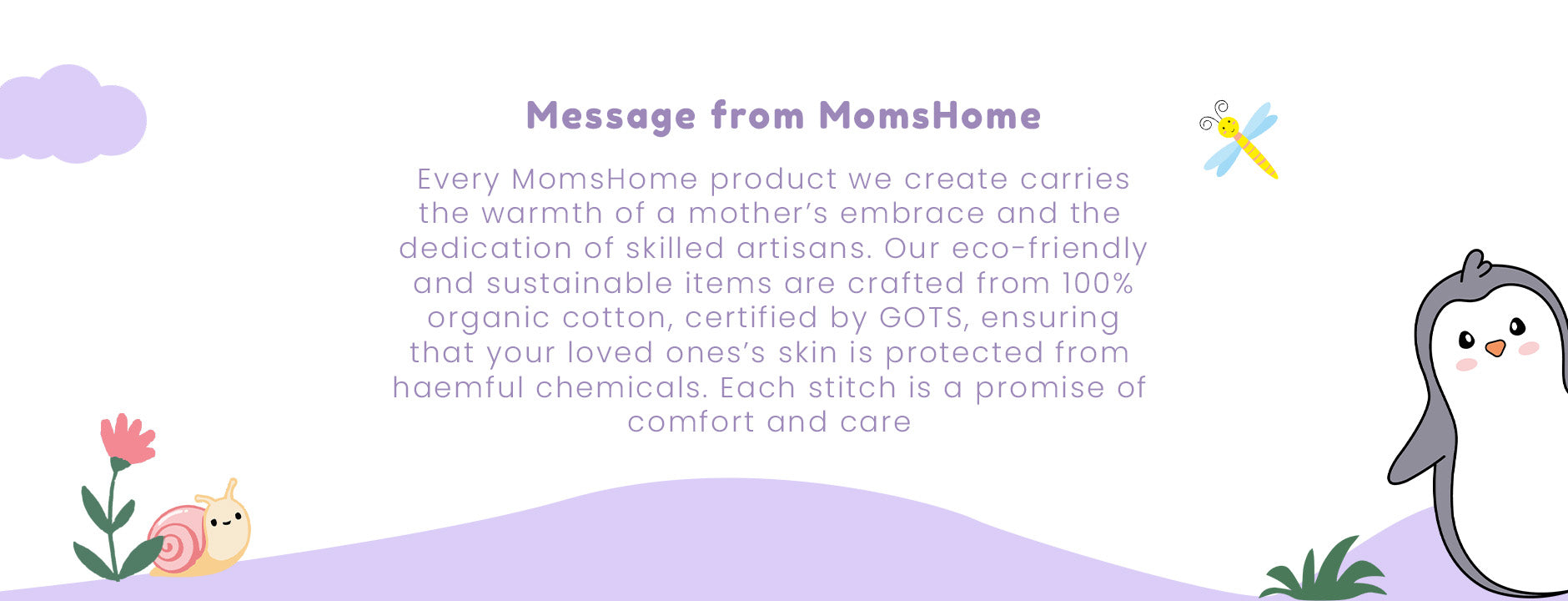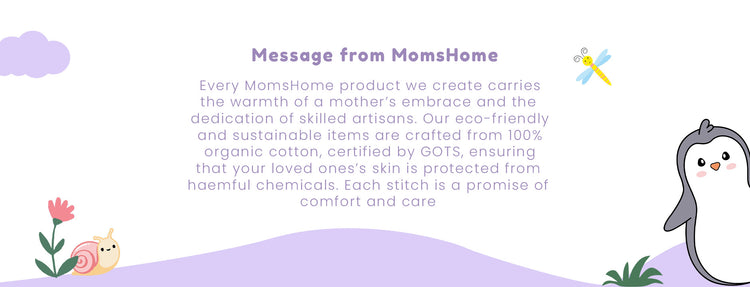The first trimester of pregnancy is such an exciting and transformative time for expectant mothers. It's when the journey of motherhood begins, and there are so many changes happening in the body that it can feel both exhilarating and challenging at the same time.
During the first trimester, the body undergoes significant changes to support the growth and development of the baby. From the moment of conception, hormones start surging through the body, leading to various physical and emotional changes. It's important for expectant mothers to understand these changes so they can navigate this phase with confidence and take the best care of themselves and their growing baby.
Physically, the first trimester can bring about symptoms like morning sickness, fatigue, breast tenderness, and frequent urination. These changes can be overwhelming, but knowing that they are normal and temporary can provide reassurance. Additionally, understanding the importance of proper nutrition, rest, and exercise during this time is crucial for the well-being of both the mother and the baby.
Emotionally, the first trimester can be a rollercoaster ride. Hormonal fluctuations can lead to mood swings, heightened emotions, and even anxiety. It's important for expectant mothers to prioritise self-care, seek emotional support, and practice stress-management techniques to promote emotional well-being.
By understanding the changes happening in the body during the first trimester, expectant mothers can better prepare themselves for the journey ahead. It's an incredible time filled with anticipation, and with the right knowledge and support, they can embrace this transformative experience with confidence.
Physical Changes
The first trimester of pregnancy can bring about some common physical symptoms like morning sickness, fatigue, and breast tenderness. Let's talk about how to manage these symptoms and stay healthy during this stage.
Morning sickness is a common symptom experienced by many pregnant women. It's characterised by nausea and vomiting, and it can happen at any time of the day. To manage morning sickness, it's helpful to eat small, frequent meals and snacks throughout the day. Avoiding triggers like strong smells or certain foods can also help. Drinking ginger tea or eating ginger candies may provide some relief as well.
Fatigue is another common symptom during the first trimester. Your body is working hard to support the growth of the baby, so it's normal to feel tired. Make sure to prioritise rest and listen to your body. Taking short naps or breaks throughout the day can help you recharge. Eating a healthy, balanced diet and staying hydrated can also contribute to your energy levels.
Breast tenderness is a result of hormonal changes and increased blood flow to the breasts. Wearing a supportive bra can help alleviate discomfort. Applying a warm compress or taking a warm shower can also provide some relief.
Remember, it's important to stay healthy during this stage. Eat nutritious meals, stay hydrated, and engage in gentle exercise like walking or prenatal yoga. Don't hesitate to reach out to your healthcare provider if you have any concerns or questions.
Emotional Well-being
The first trimester of pregnancy can be quite the emotional rollercoaster for many women. Hormonal changes during this time can lead to mood swings, heightened emotions, and even anxiety. It's completely normal to experience a wide range of emotions during this phase.
To take care of your emotional well-being, it's important to prioritise self-care. Find activities that bring you joy and help you relax, whether it's taking a warm bath, reading a book, or practising mindfulness and deep breathing exercises. Surround yourself with a supportive network of friends and family who can provide emotional support and lend a listening ear when you need it.
Coping with mood swings and anxiety can also be aided by maintaining a healthy lifestyle. Getting regular exercise, eating a balanced diet, and getting enough rest can all contribute to better emotional well-being. It's also important to communicate openly with your partner or loved ones about how you're feeling, so they can better understand and support you.
Remember, it's okay to have ups and downs during this time. Give yourself permission to feel and process your emotions. And if you find that your mood swings or anxiety are becoming overwhelming, don't hesitate to reach out to a healthcare provider for additional support and guidance.
Nutrition and Exercise
When it comes to nutrition during pregnancy, a balanced diet is key for both you and your baby's health. It's important to eat a variety of nutrient-rich foods, including fruits, vegetables, whole grains, lean proteins, and dairy products. Make sure to include foods that are high in iron, calcium, folic acid, and omega-3 fatty acids. And don't forget to stay hydrated by drinking plenty of water!
As for exercise, staying active during the first trimester is generally safe and beneficial. It's important to choose exercises that are low-impact and gentle on your body. Walking, swimming, prenatal yoga, and stationary cycling are great options. Remember to listen to your body and avoid exercises that feel uncomfortable or put too much strain on your joints.
It's always a good idea to consult with your healthcare provider before starting or continuing any exercise routine during pregnancy. They can provide personalised recommendations based on your individual health and pregnancy.
Prenatal Care
Regular prenatal check-ups and screenings are super important for ensuring a healthy pregnancy for both you and your baby. These appointments allow your healthcare provider to monitor your progress, address any concerns, and provide you with the necessary care and support throughout your pregnancy journey.
During these check-ups, your healthcare provider will conduct various tests and screenings to assess your health and the development of your baby. Some common tests include blood tests to check for anaemia, blood type, and infections, as well as urine tests to monitor kidney function and detect any signs of gestational diabetes or preeclampsia.
You may also undergo ultrasounds, which use sound waves to create images of your baby and check for any abnormalities or potential issues. These ultrasounds can be a special moment for you to see your little one and bond with them even before they're born.
Additionally, your healthcare provider will monitor your blood pressure, weight, and the size of your uterus to ensure everything is progressing as it should be.
Remember, these check-ups and screenings are designed to keep you and your baby healthy. It's important to attend all your scheduled appointments and communicate openly with your healthcare provider about any questions or concerns you may have.
Lifestyle Adjustments:
When it comes to lifestyle adjustments during pregnancy, there are a few things to keep in mind. First off, it's important to quit smoking and avoid alcohol altogether. Both smoking and alcohol can have harmful effects on your baby's development, so it's best to steer clear of them during this special time.
Another adjustment to consider is reducing your caffeine intake. While it's generally safe to consume a moderate amount of caffeine during pregnancy, it's a good idea to limit your intake to about 200 milligrams per day. This is roughly equivalent to one cup of coffee. Remember to check the caffeine content in other sources like tea, soda, and chocolate too!
Creating a healthy and supportive environment is crucial during pregnancy. Surround yourself with positive influences and seek support from your loved ones. It's also a great idea to establish a regular exercise routine, get plenty of rest, and practise relaxation techniques like deep breathing and meditation.
Don't forget to prioritise self-care and listen to your body's needs. Eat nutritious meals, stay hydrated, and engage in activities that bring you joy and relaxation.
By making these lifestyle adjustments, you're creating a nurturing environment for your baby's growth and well-being.
Sleep and Rest
In the first trimester, many women experience sleep disturbances due to a variety of factors. Hormonal changes, frequent urination, and morning sickness can all make it a bit challenging to get a good night's sleep.
But fret not! We have got some tips to help you improve your sleep quality and find comfortable positions. First, try establishing a relaxing bedtime routine. This can include activities like taking a warm bath, reading a book, or practising gentle stretches. Creating a calm and soothing atmosphere can help signal to your body that it's time to wind down.
Finding a comfortable sleeping position can be a game-changer. As your pregnancy progresses, sleeping on your side with a pillow between your knees can provide support and alleviate any discomfort. You might also want to invest in a pregnancy pillow, which can provide extra support for your growing belly.
Avoiding caffeine and limiting fluids before bedtime can help reduce the need for frequent trips to the bathroom during the night. And if you're struggling with morning sickness, try having small, nutritious snacks throughout the day to keep your blood sugar stable.
Remember, getting enough rest is important for both you and your baby. If you're still having trouble sleeping, don't hesitate to reach out to your healthcare provider for further guidance.
Conclusion
Let's wrap up our conversation with a quick summary of the key points we've discussed. We talked about the challenges of sleep disturbances during the first trimester of pregnancy, and I shared some tips to help improve sleep quality and find comfortable positions.
Pregnancy is a beautiful and transformative journey, but it can also come with its fair share of challenges. Remember that you're not alone in this. Lean on your support system, whether it's your partner, family, friends, or online communities. They're there to cheer you on, provide guidance, and offer a listening ear whenever you need it.
You're doing an incredible job! Trust your instincts, take care of yourself, and know that you're growing a little miracle inside of you. Embrace the journey, celebrate every milestone, and be kind to yourself along the way. You've got this, mama!






